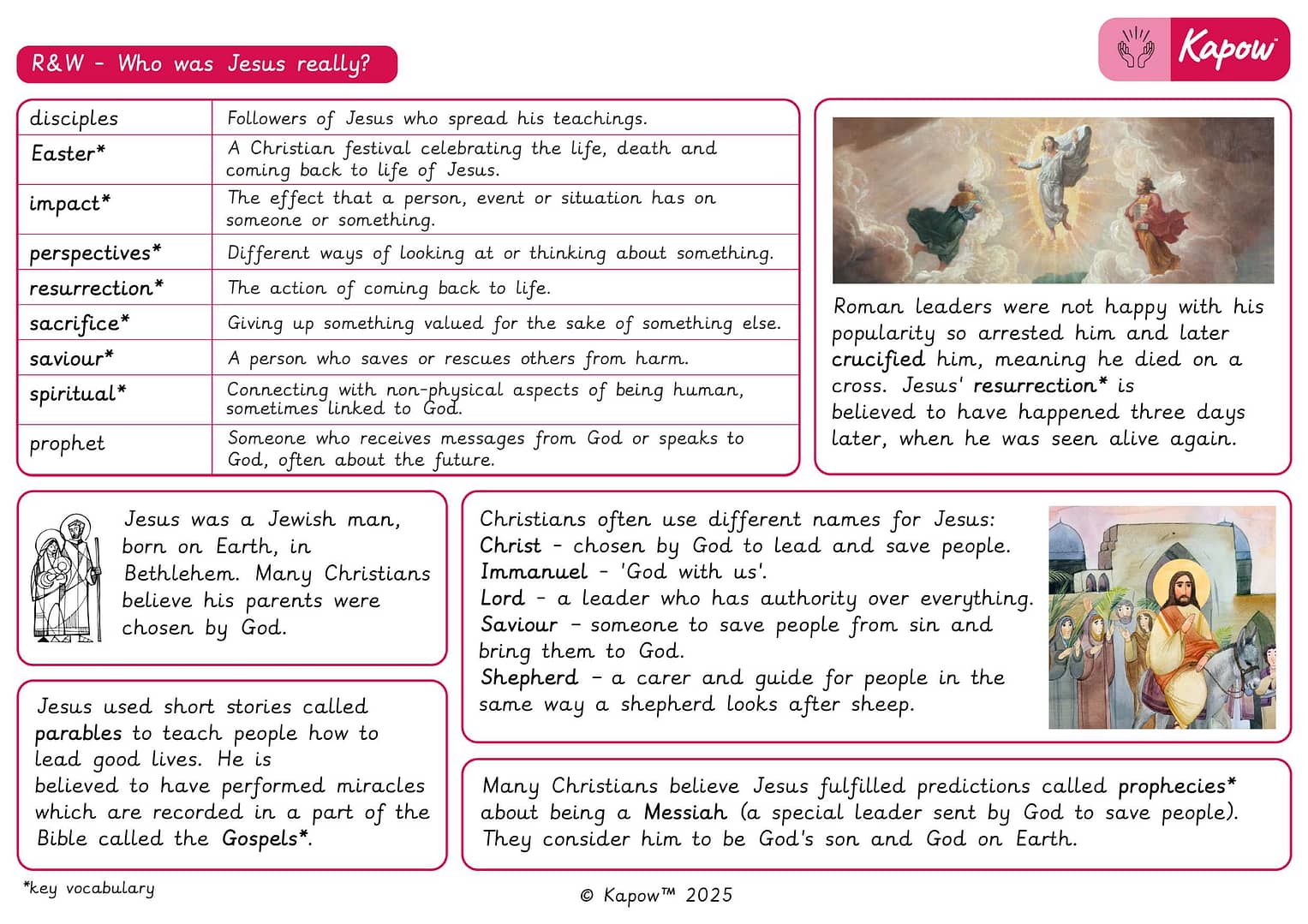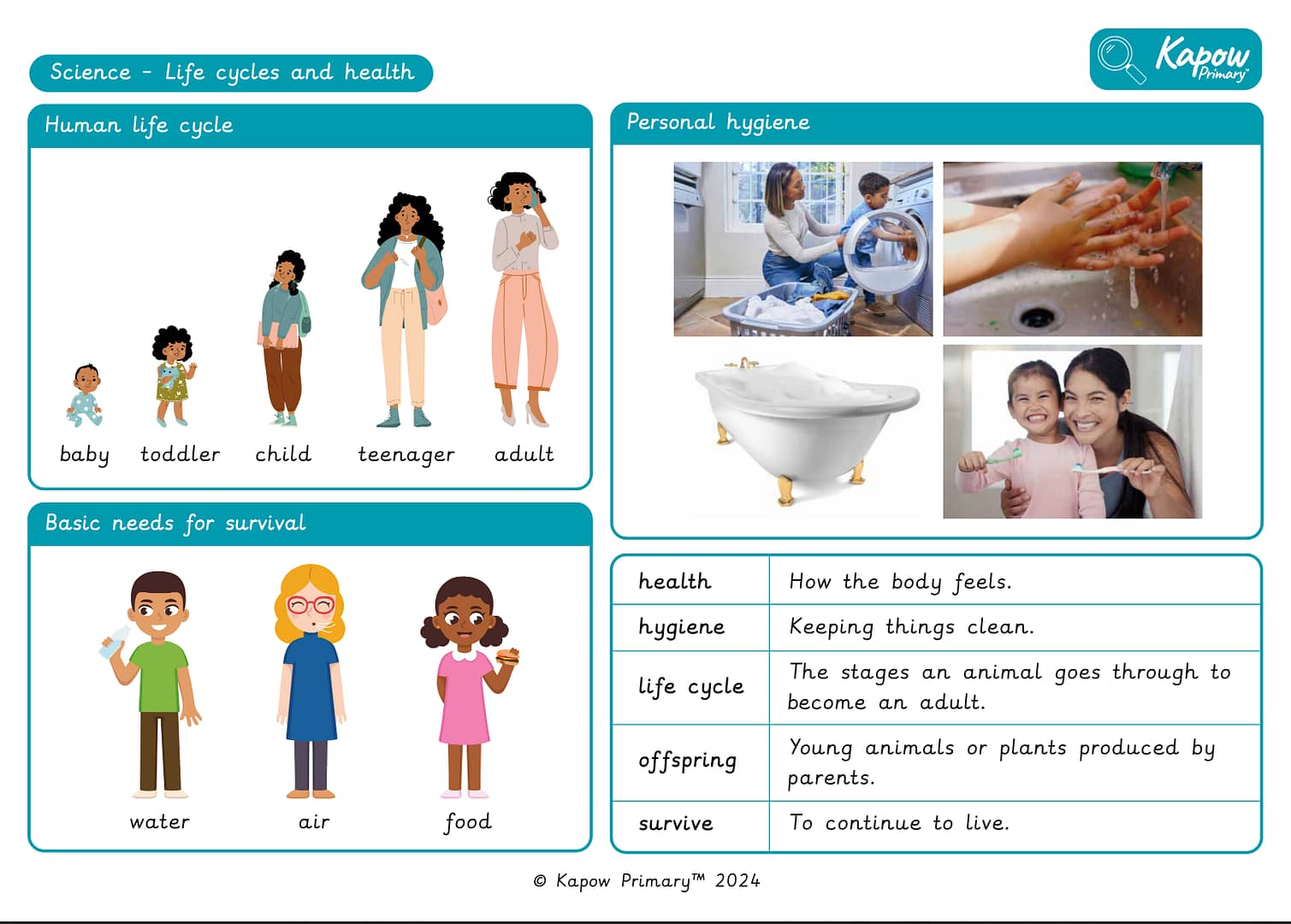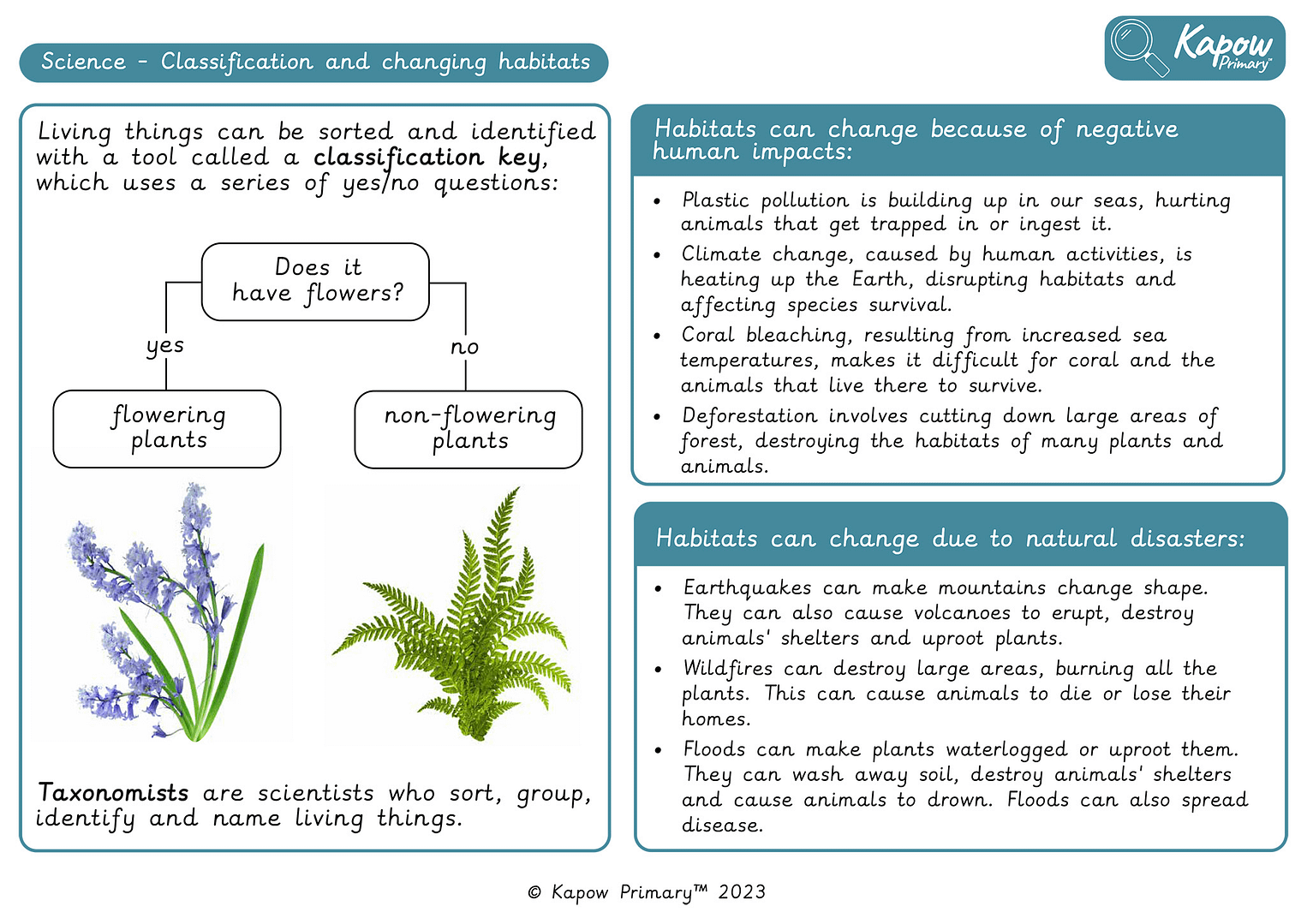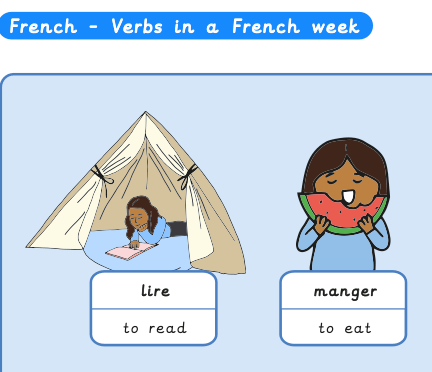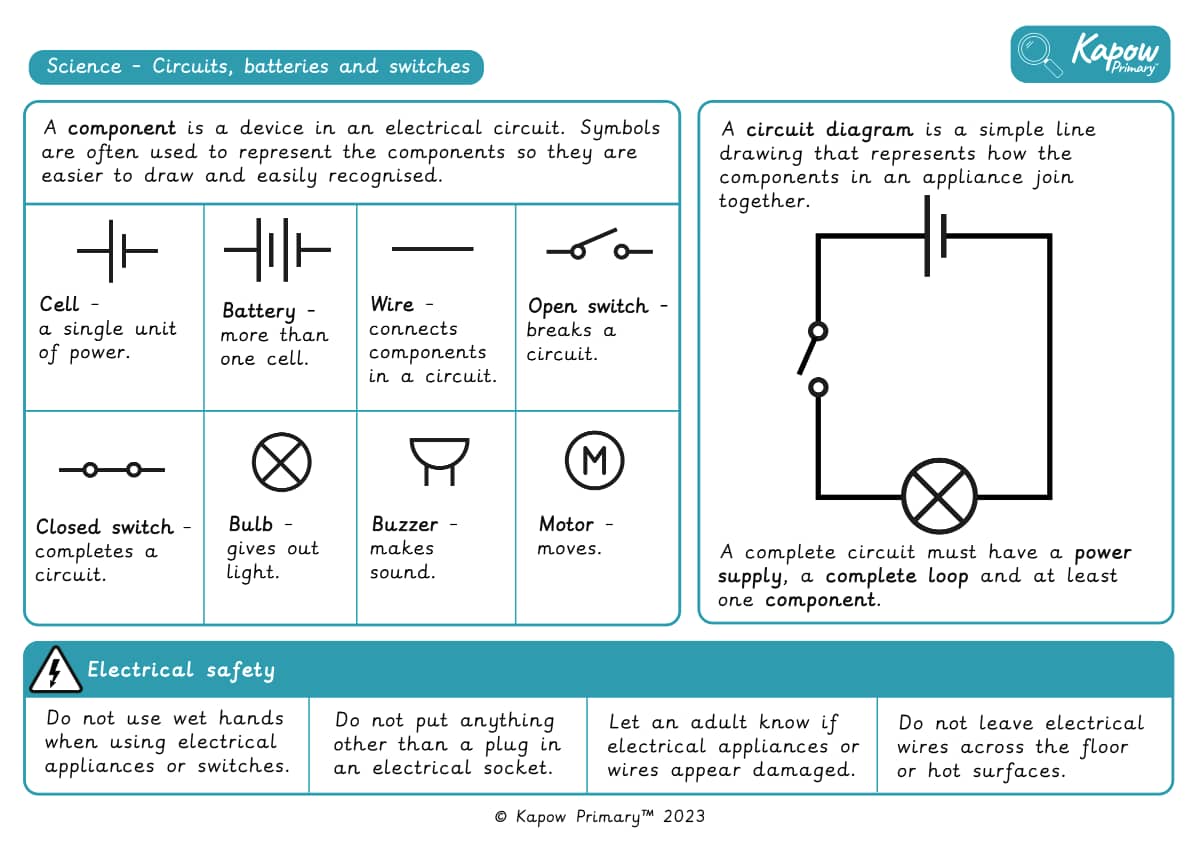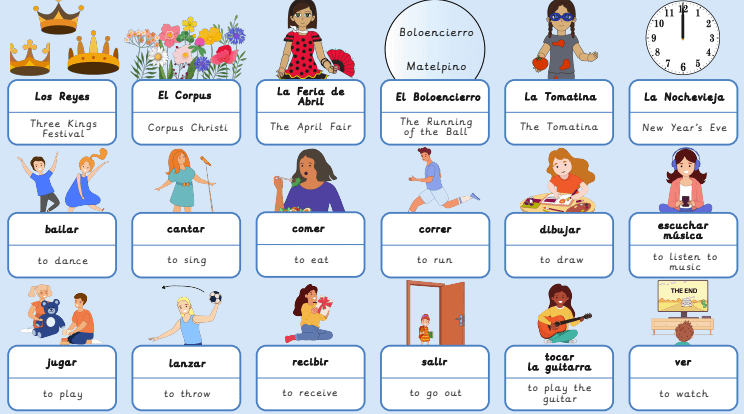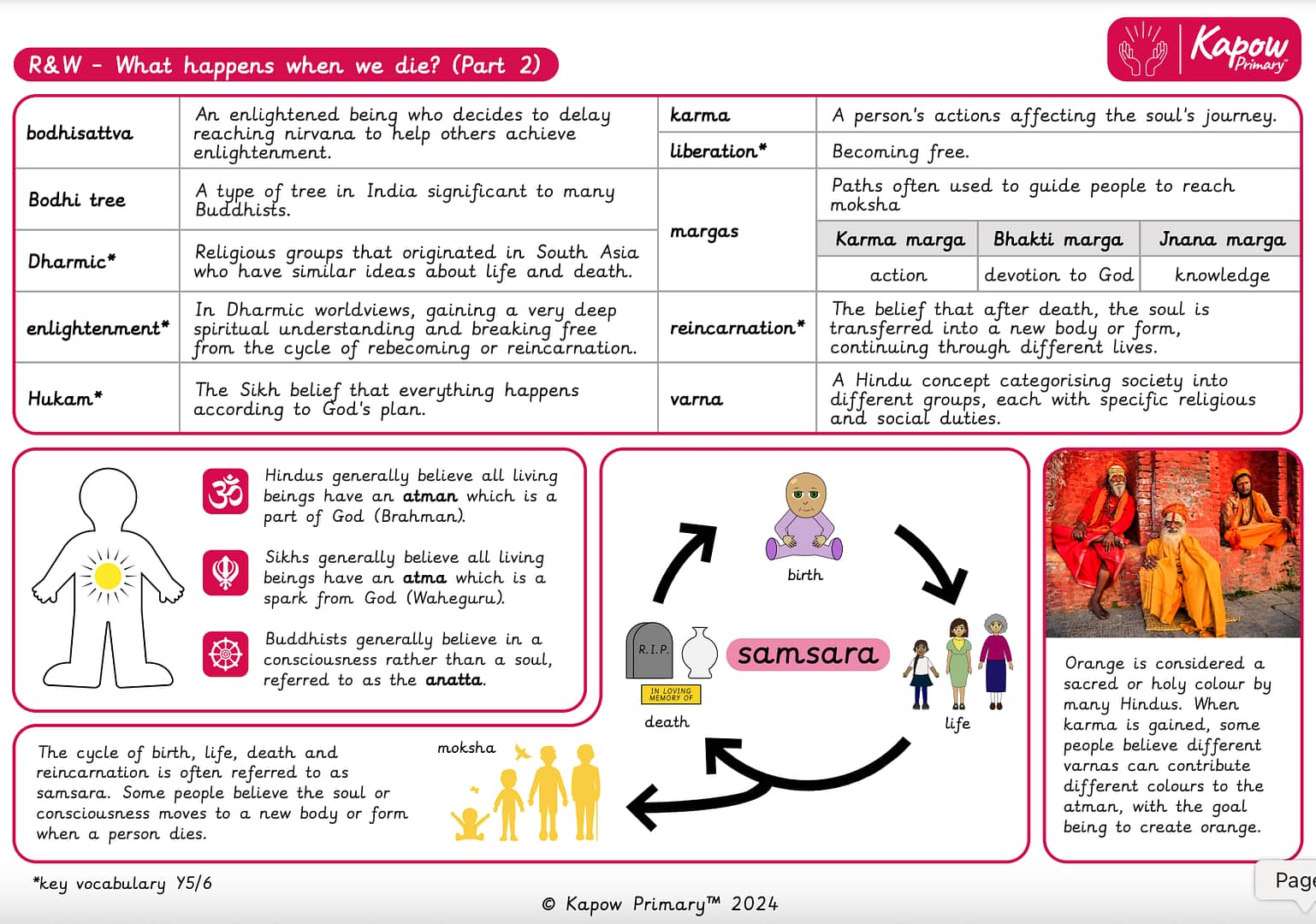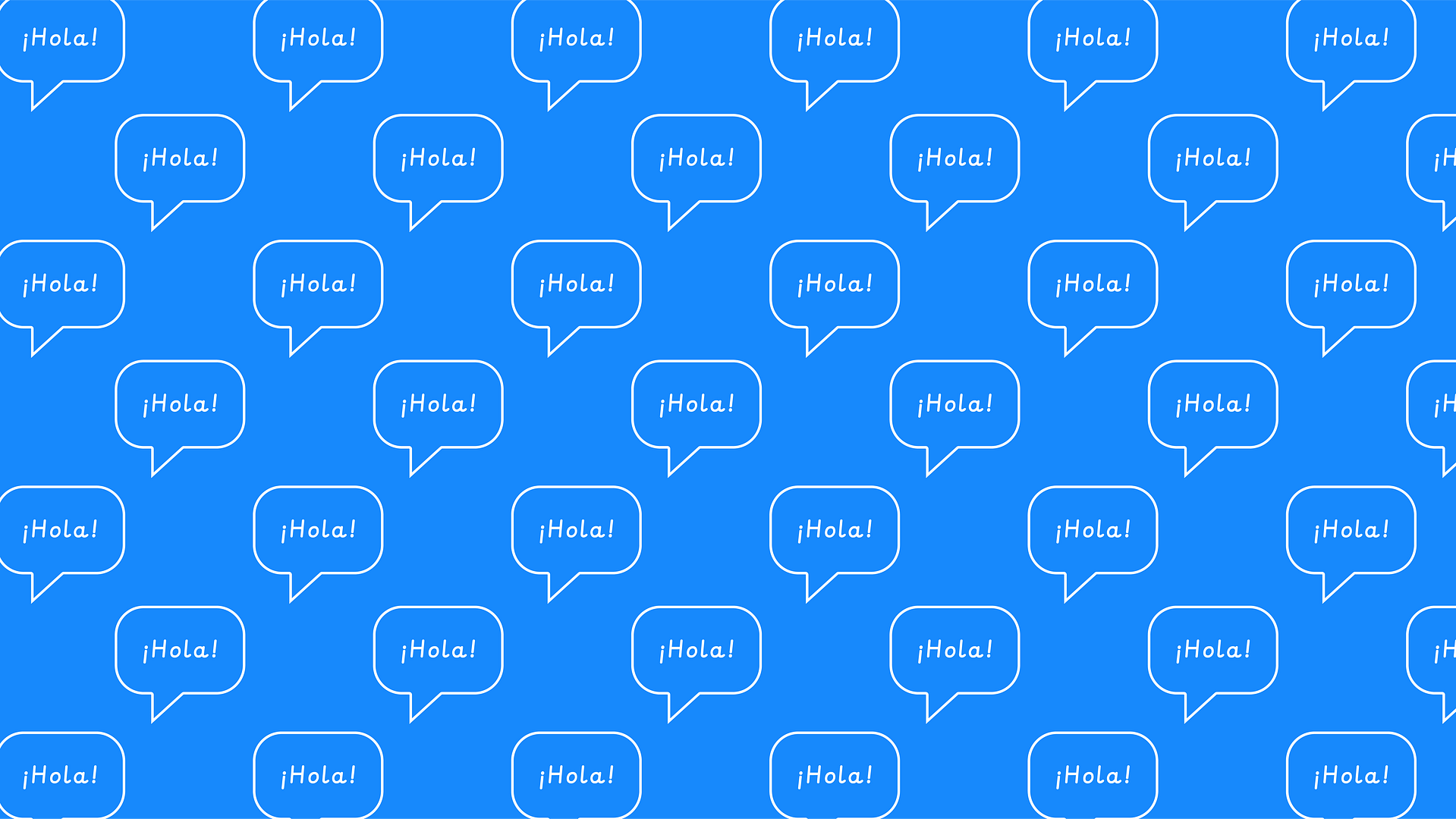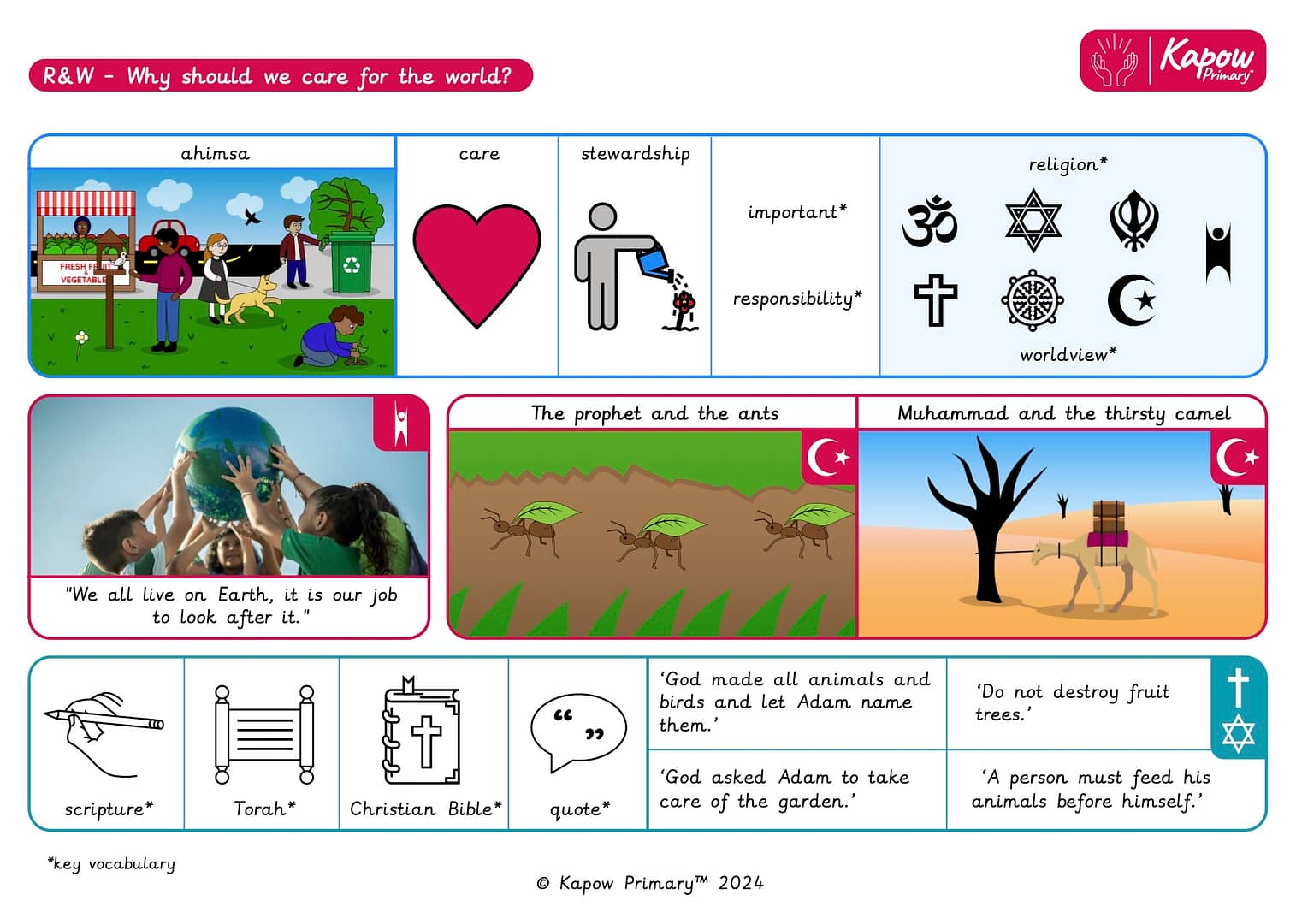This Knowledge organiser captures the essential knowledge and skills learnt throughout the unit Religion and worldviews, Year 4, Who Was Jesus?
This Religion and worldviews resource is designed to support the pupils as they explore the life, teachings, and significance of Jesus. It introduces key vocabulary such as Messiah, parables, disciples, resurrection, and gospel, helping the pupils understand how Jesus is viewed within Christianity and his impact on history. The pupils will also learn about his teachings, the stories told about him, and how his influence continues in religious and cultural traditions today.

